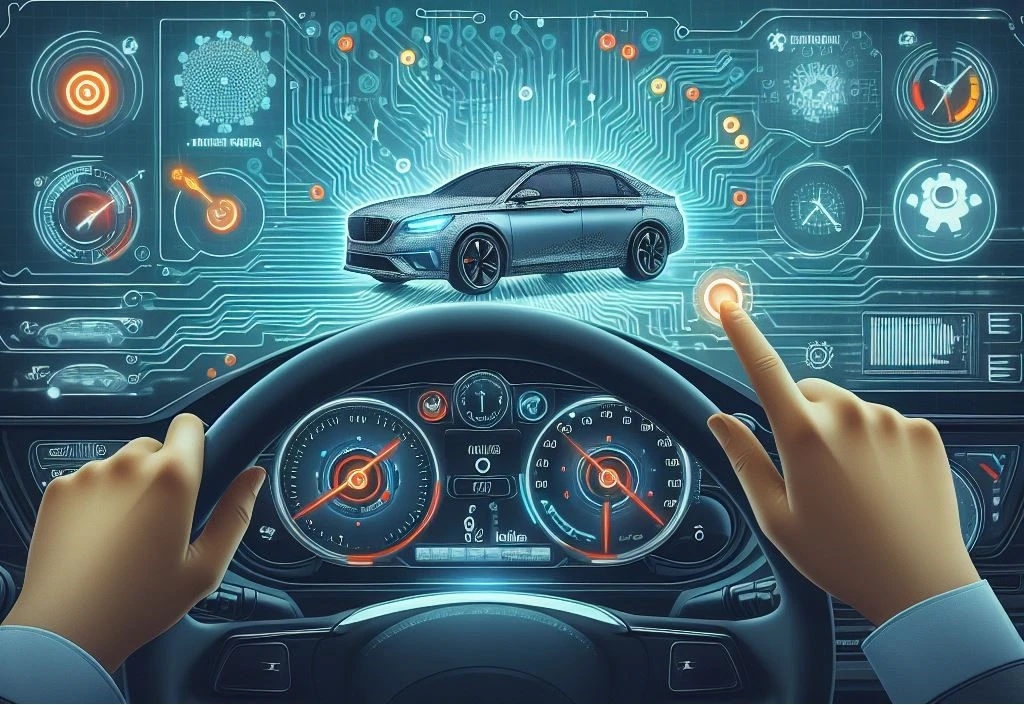Achieve Peak Performance & Slash Costs: Auto Warranty Management through Predictive Maintenance

The transportation industry is experiencing a remarkable transformation with the rise of electric vehicles (EVs) as a sustainable and eco-friendly mode of transportation. EVs offer reduced emissions, improved energy efficiency, and an opportunity to transition from fossil fuels.
In this blog, we will explore innovative technologies shaping the EV landscape, making vehicles more efficient, affordable, and convenient. We will also highlight InterraIT, a leading technology solutions provider, driving these advancements and propelling the electric vehicle industry forward.
Solid-State Batteries :
Battery technology is a critical focus in electric vehicle innovation. While lithium-ion batteries are widely used for their high energy density and long lifespan, researchers and manufacturers are actively exploring advanced options.
Solid-state batteries, which use solid electrolytes instead of liquids, offer higher energy density, faster charging, and enhanced safety features. They have the potential to significantly increase EV range and reduce charging times. However, solid-state batteries are still in early development and not yet commercially available.
In addition, researchers are investigating alternative materials like graphene, a single layer of carbon atoms, for further improvements in battery performance. Graphene-based batteries could offer even higher energy density, faster charging, and longer lifespans, enhancing the efficiency and practicality of electric vehicles.
Intelligent Battery Management Systems:
Another important new technology for EVs is intelligent battery management systems (BMS). BMSs are software systems that are used to monitor and control the battery in an EV. BMSs can help to improve the efficiency of the battery, extend its lifespan, and prevent problems such as overheating.
BMSs use a variety of sensors to monitor the battery, such as temperature sensors, voltage sensors, and current sensors. The BMS uses this data to control the battery, such as by adjusting the charging rate or by shutting down the battery if it gets too hot.
BMSs are becoming increasingly sophisticated, and they are playing an important role in improving the performance and safety of EVs.
Vehicle-to-Grid (V2G) Technology
Vehicle-to-Grid (V2G) integration transforms electric vehicles into mobile energy storage units, allowing them to draw stored energy back to the grid and feed excess power into it. This bidirectional energy flow presents advantages such as stabilizing the grid during high-demand periods and using EVs as backup power sources during emergencies. EV owners can also sell surplus energy back to the grid, reducing costs and incentivizing EV adoption.
While V2G technology is in early development, it has the potential to make a significant contribution to grid stability, especially during power outages.
Wireless Charging
Wireless charging is an emerging technology that aims to make charging electric vehicles more convenient and efficient. Using magnetic resonance or inductive charging principles, it enables energy transfer without physical connections. Integrated into roads, parking lots, and garages, wireless charging infrastructure allows vehicles to charge automatically when stationary, providing a seamless and hassle-free experience.
As wireless charging technology advances, it has the potential to become a widespread solution, enhancing the accessibility and convenience of owning an electric vehicle.